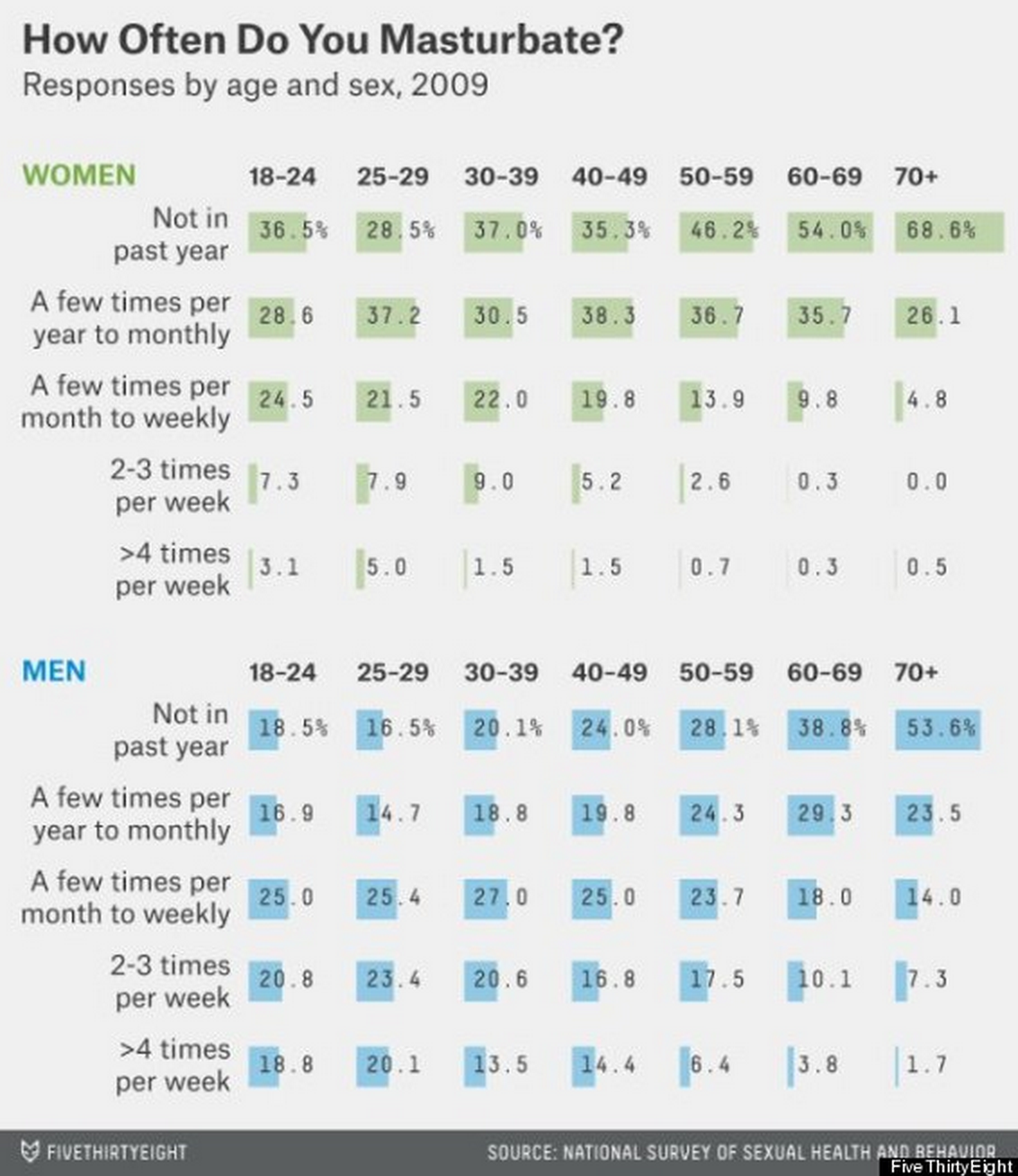Introduction:
Applying for credit is a common practice in the world of personal finance. Whether you’re looking to finance a new car, purchase a home, or simply want the convenience of a credit card, understanding how often you can apply for credit is crucial.
In this article, we will delve into the basics of applying for credit, factors to consider before submitting an application, strategies for applying wisely, and tips on monitoring and managing your credit. By the end of this article, you’ll be equipped with the knowledge to make informed decisions about your credit applications.
The Basics of Applying for Credit
Credit is an essential financial tool that allows individuals to make purchases or fulfill financial obligations when immediate funds are not available. When you apply for credit, you are essentially requesting a loan from a lender. Understanding the concept of credit is crucial before diving into the world of borrowing.
There are various types of credit available, each catering to different needs and financial circumstances. One common type is credit cards, which offer convenience and the ability to borrow money up to a predetermined limit set by the card issuer.
Credit cards often come with rewards programs or cashback incentives, making them popular among consumers.
Another type of credit is personal loans, which are typically unsecured loans that can be used for various purposes such as consolidating debt or funding home improvements. Personal loans usually have fixed interest rates and repayment terms, providing stability and predictability for borrowers.
For those looking to purchase real estate, mortgages are a common form of secured loan. A mortgage involves borrowing money from a lender to buy a property, with the property itself serving as collateral. This type of credit requires careful consideration due to its long-term commitment and significant financial implications.
Maintaining a good credit score is vital when applying for credit. Lenders use your credit score as a measure of your creditworthiness and ability to responsibly repay debts. A higher credit score increases your chances of approval and enables you to secure better interest rates and terms.
Factors to Consider Before Applying for Credit
Before applying for credit, it’s important to assess your financial situation, understand your creditworthiness, and research different lenders and their requirements.
Assessing your financial situation involves determining your income and expenses to understand how much you can comfortably borrow and repay. Evaluating your debt-to-income ratio is crucial as lenders consider this when reviewing loan applications.
Understanding your creditworthiness includes regularly checking your credit report for errors and monitoring your credit score. These factors impact how lenders perceive your creditworthiness and can affect loan approval and interest rates.
Researching different lenders allows you to compare interest rates, fees, and terms. Identify lenders who cater to specific needs like first-time homebuyers or individuals with less-than-perfect credit.
By considering these factors, you can make informed decisions when applying for credit, improving your chances of approval and securing the best terms for your borrowing needs.
Strategies for Applying for Credit Wisely
To apply for credit wisely, it’s important to plan ahead and space out your applications. Submitting multiple applications within a short period can lower your credit score, so give yourself time between each application.
Timing is also crucial – if you anticipate needing credit soon, strategically space out your application requests to avoid concerns about your financial stability.
When applying for credit, focus on quality over quantity. Instead of pursuing numerous products, secure one or two high-quality lines of credit that meet your specific needs. Demonstrating responsible credit management by paying bills on time and keeping credit utilization low improves your chances of approval and better terms.
If you’re unsure about the best course of action, seek professional advice from financial advisors or credit counselors. They can provide personalized guidance based on your unique circumstances and help you understand the implications of each application.
By following these strategies, you can apply for credit wisely and increase your chances of success while minimizing negative impacts on your credit profile.
Monitoring and Managing Your Credit
Regularly reviewing your credit report is essential for accuracy and identifying errors. Carefully check each section for mistakes like incorrect personal information, unauthorized accounts, or inaccurate payment history. Report any errors to the credit bureaus with supporting documentation.
Improving your credit score takes time and effort. Paying bills on time is crucial as late payments have a negative impact. Keep your credit utilization below 30% to indicate stability and avoid harming your score. By monitoring and managing your credit, you can maintain financial health and improve future opportunities.
Conclusion: Finding the Right Balance
[lyte id=’l_Qk-T0AKE4′]




